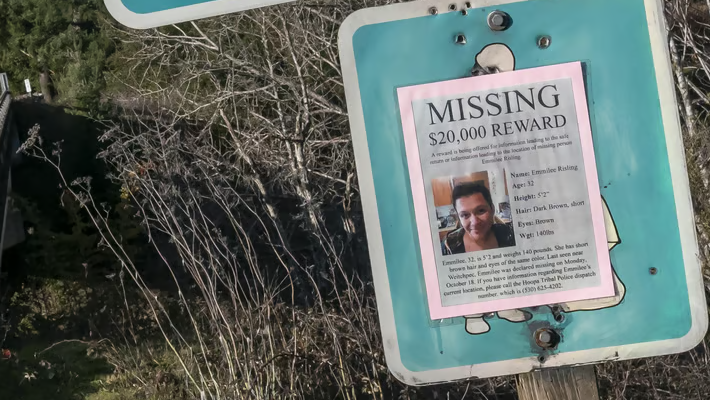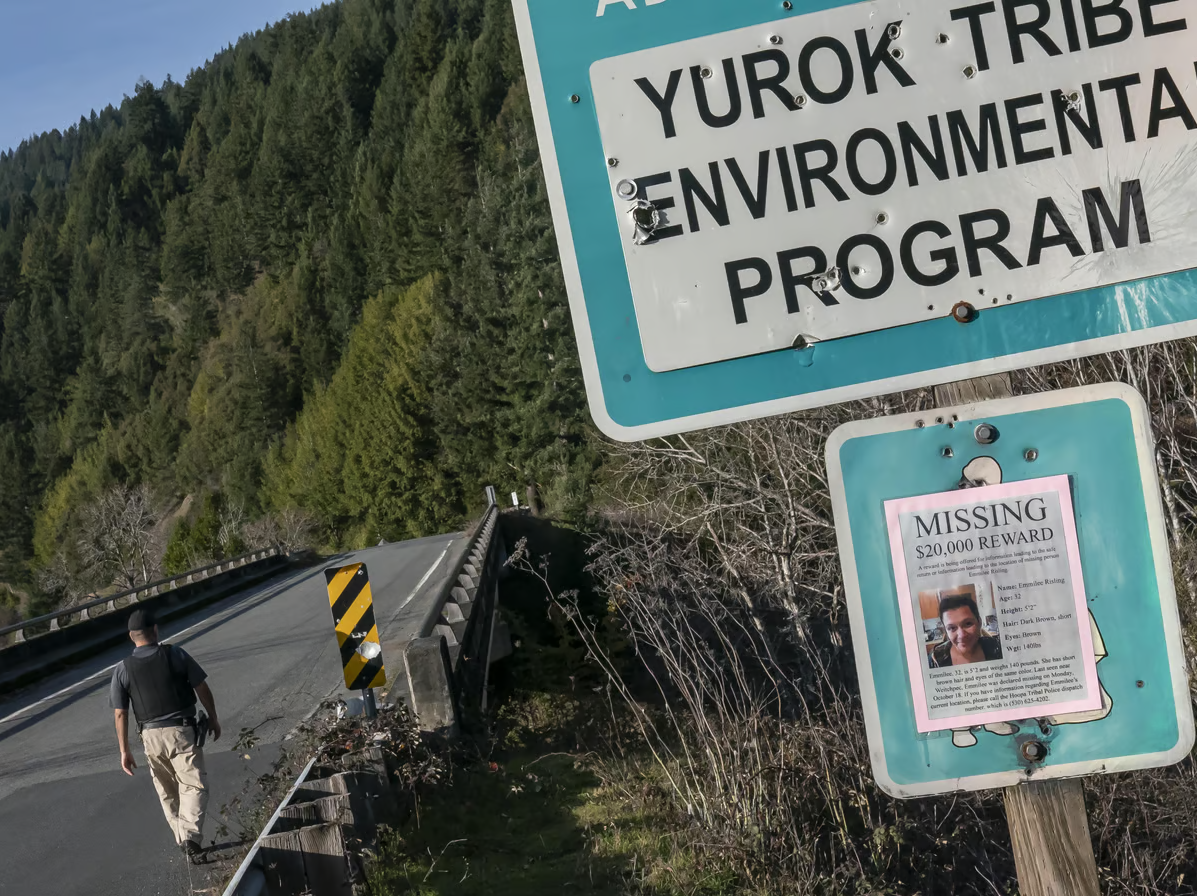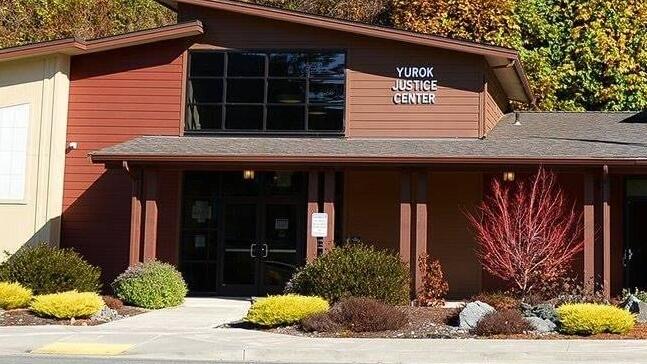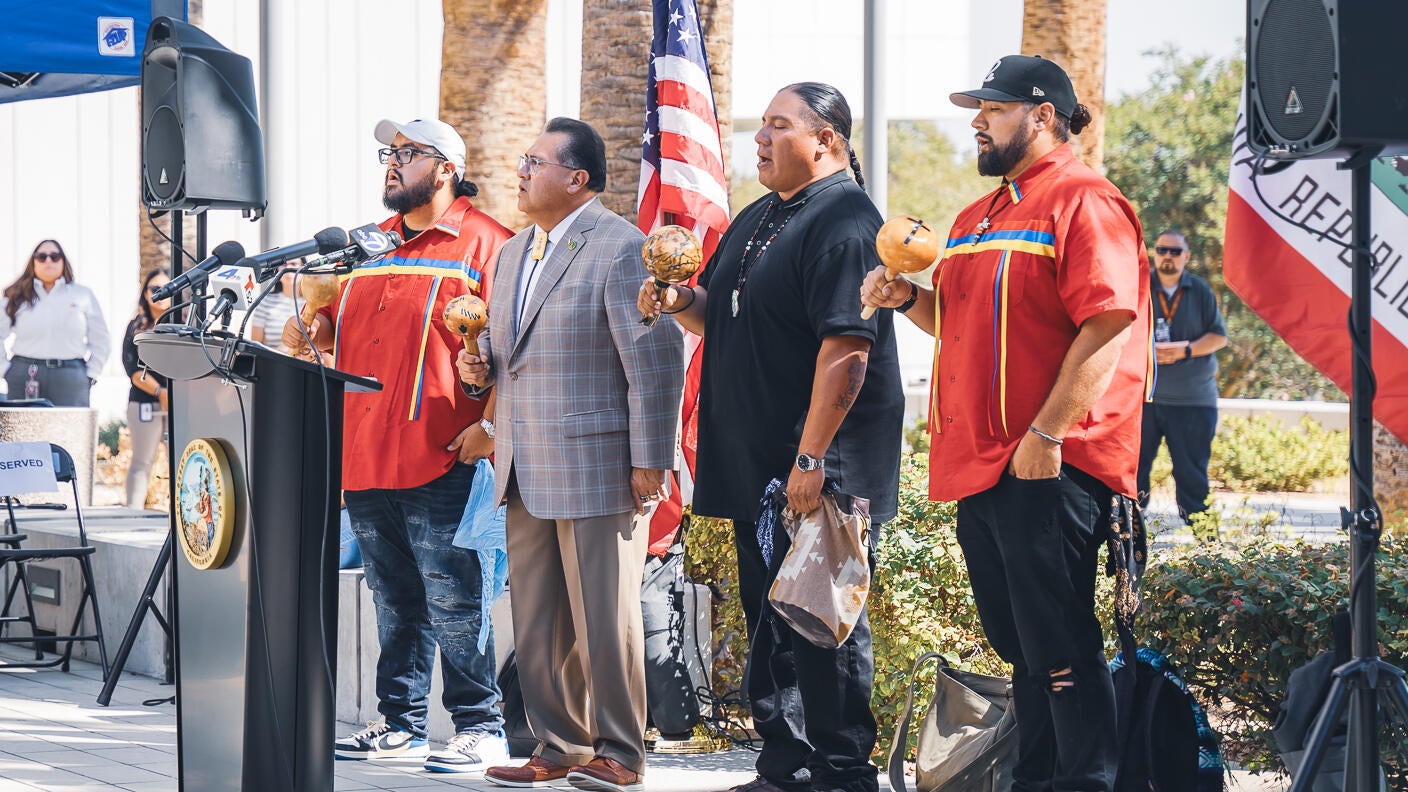
Bringing Awareness to Violence in Tribal Communities
Research has found that Native Americans experience a per capita rate of violence twice that of the U.S. resident population, and that female Native Americans are murdered at ten times the national average. In addition, murder is the third leading cause of death for female Native Americans and more than one in three Native American women are likely to be raped in their lifetimes.
Educating Courts About Cases Involving Native Americans
In a podcast for judges entitled "Murdered and Missing Indigenous People: What the State Court System Needs to Know," host Lee Romney speaks with judicial and law enforcement leaders in the Yurok Tribe and Humboldt County to explore the root causes of the Murdered and Missing Indigenous People (MMIP) phenomenon, why many cases go unsolved, and possible solutions for the community.
The podcast cites a report from the Sovereign Bodies Institute and Yurok Tribal Court, where researchers discovered 183 cases of missing and murdered Indigenous women, girls and two-spirit people (individuals in Native American cultures who fulfill a traditional third-gender or other gender-variant role) in California, dating back to the year 1900. Nearly 60% of these cases were from Northern California, and only about half resulted in charges or conviction due to inconclusive investigations, misclassification of cases, and unreported cases.
The report poses an important question: What can state courts do if many of these cases don't result in criminal charges? Romney says, "They should view the MMIP phenomenon more holistically and reassess how they respond to cases involving domestic and intimate partner violence, sexual assault, survival sex work, juvenile runaways, substance use and child removal cases. That means learning whether defendants or victims are Native American and whether they are enrolled members of a California tribe."
Judicial Council Shares Resources and Research; Advisory Body to Help Implement Legislation on Tribal Public Safety
The Judicial Council’s Tribal Court-State Court Forum has historically focused on issues related to domestic violence, victimization, trafficking, and exploitation in tribal communities. The forum has conducted research, created resources, and supported projects on these topics, including the Domestic Abuse Self-Help Tribal Project, which the council established to help litigants obtain restraining orders in tribal and state courts.
As part of the California judicial branch’s goal to promote inclusion and serve the state’s diverse population, the forum is also helping to implement AB 3099, authored by Assemblymember James C. Ramos (D-Highland), which calls for the California Department of Justice to provide training and guidance to law enforcement agencies and tribal governments to help reduce uncertainty regarding criminal jurisdiction and improve public safety on tribal lands. The effort also includes funds to study challenges related to the reporting and identification of MMIP in California, particularly women and girls.
In addition, the council’s Tribal/State Programs Unit curates resources related to cases of domestic violence, dating violence, sexual assault, trafficking, elder abuse, and stalking in Native American communities, shedding light on such issues.
This November, California courts and the Judicial Council of California join the nation in recognizing National Native American Heritage Month.
- According to the most recent U.S. Census data, California is home to more people of American Indian/Alaska Native heritage than any other state.
- Currently 109 federally recognized Indian tribes in California and several non-federally recognized tribes petitioned for federal recognition through the Bureau of Indian Affairs Office of Federal Recognition.
- California has 27 tribal courts, serving approximately 40 tribes.
- The Judicial Council provides staff to the Tribal Court-State Court Forum, as well as education and technical assistance on the Indian Child Welfare Act, violence prevention, and tribal justice systems.




